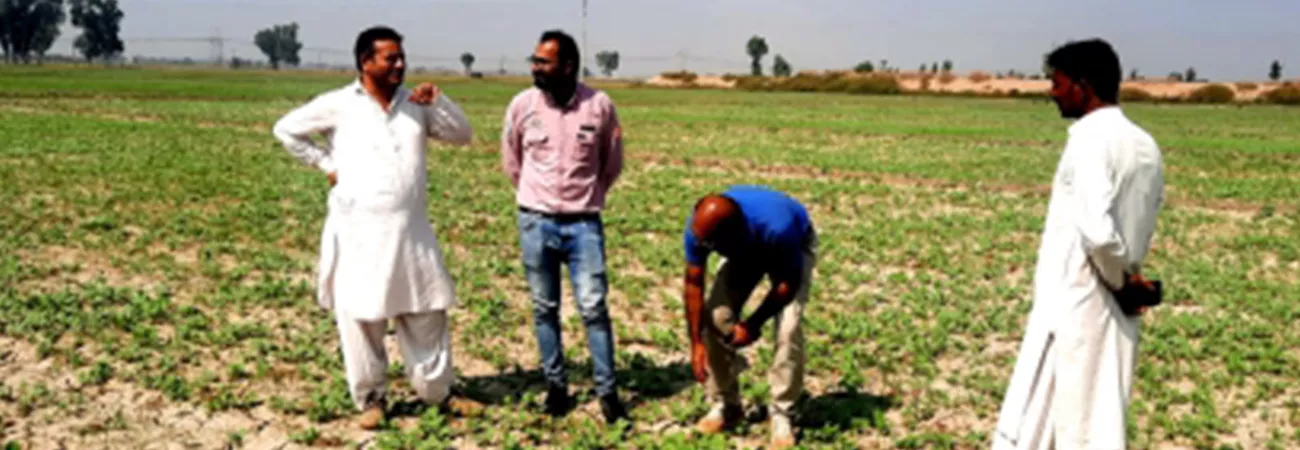i NEWS PAK-CHINA
About 80,000 hectares of canola seeds developed by China have started to be sowed in Pakistan, which will help reduce the burden on Pakistan’s strained foreign exchange, it was reported by China Economic Net (CEN) on Saturday. According to Chairman PARC Dr. Ghulam Muhammad Ali, about 90% of Pakistan’s edible oil relies on import. The newly-provided canola seeds, mainly sowed in Sindh and Punjab on an area that nearly doubled that of last year, are bringing vigor and verdancy to the flood-ravaged land. For every acre of approved double zero canola cultivation with Government subsidy for seeds, farmers can earn Rs.14,000 to 17,000 more than their local varieties. And this year, the government plans to give more subsidy in the future for promotion more canola sowing.
“There is more demand than supply”, Mr. Zhou Xusheng, Pakistan Business Director of the company, highlighting the health value of the hybrid seeds. Overcoming the disadvantages of prevailing rape mustard in Pakistan which is low in oil yield but rich in erucic acid and glucosinolate and the vulnerability to pod splitting and lodging of Chinese varieties, the hybrid version lowers erucic content to less than 3% and the glucosinolate content to less than 30 micromoles per gram. Plants are shorter and more resilient to gusts, and growth period is shortened by 8 to 10 days. According to Mr. Ghazanfar Ali, General Manager of agriculture services provider Evyol Group, there was a 10% difference in the price of True Canola varieties compared with Raya last year.
“The planting area is still expected to be doubled next year since govt. intends to reduce cooking oil imports that stands at $2.7 billion annually”, he said. As the canola-planting area is growing, Mr. Zhou suggests contract farming be applied. “The downstream processing factories should be better informed of the benefits of the hybrid canola, and then they can place orders on farmers directly instead of through the agents, which will be beneficial for both sides”, he said. Meanwhile, considering the ever-increasing extreme weather in Pakistan as well as around the globe, the company will invest more on the R&D of seeds on to improve their performance under abnormal conditions.
“More tests will do to enhance their anti-heat, anti-stress, anti-disease capabilities”, Mr. Zhou told CEN.
Credit: Independent News Pakistan-INP









